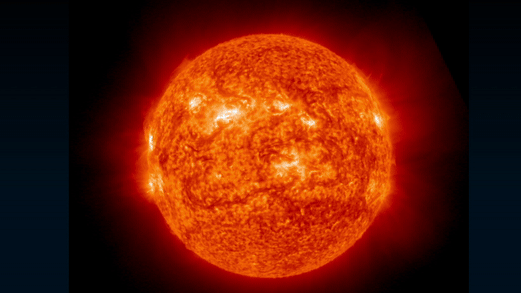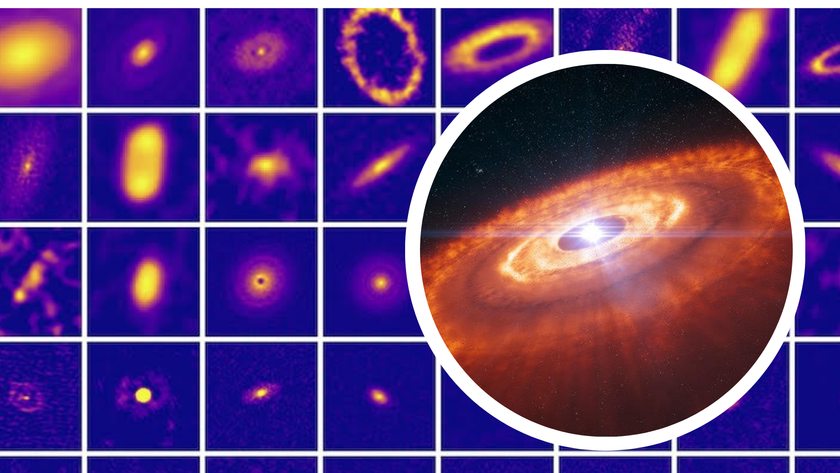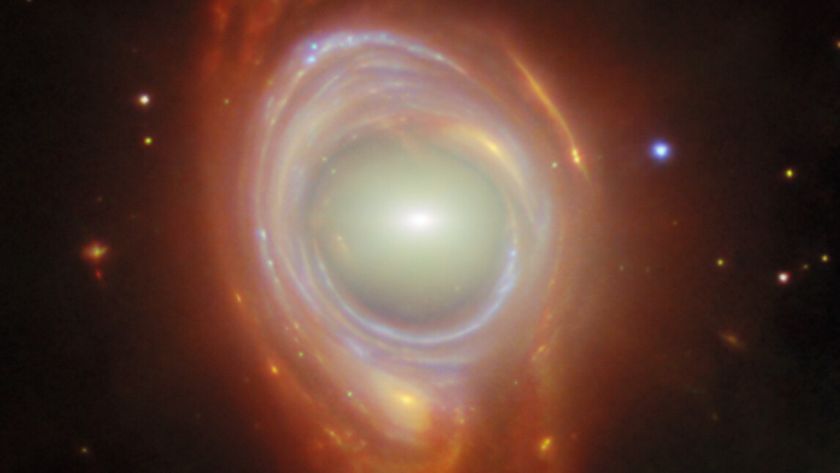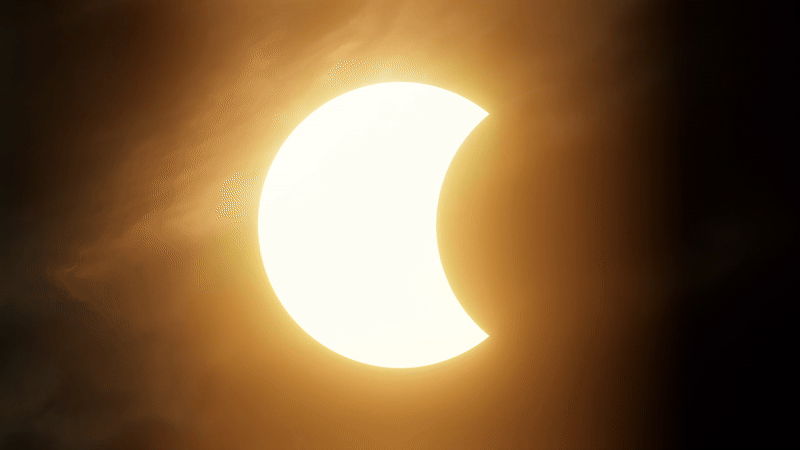Why Wednesday's Full Moon Eclipse Won't Cause Madness
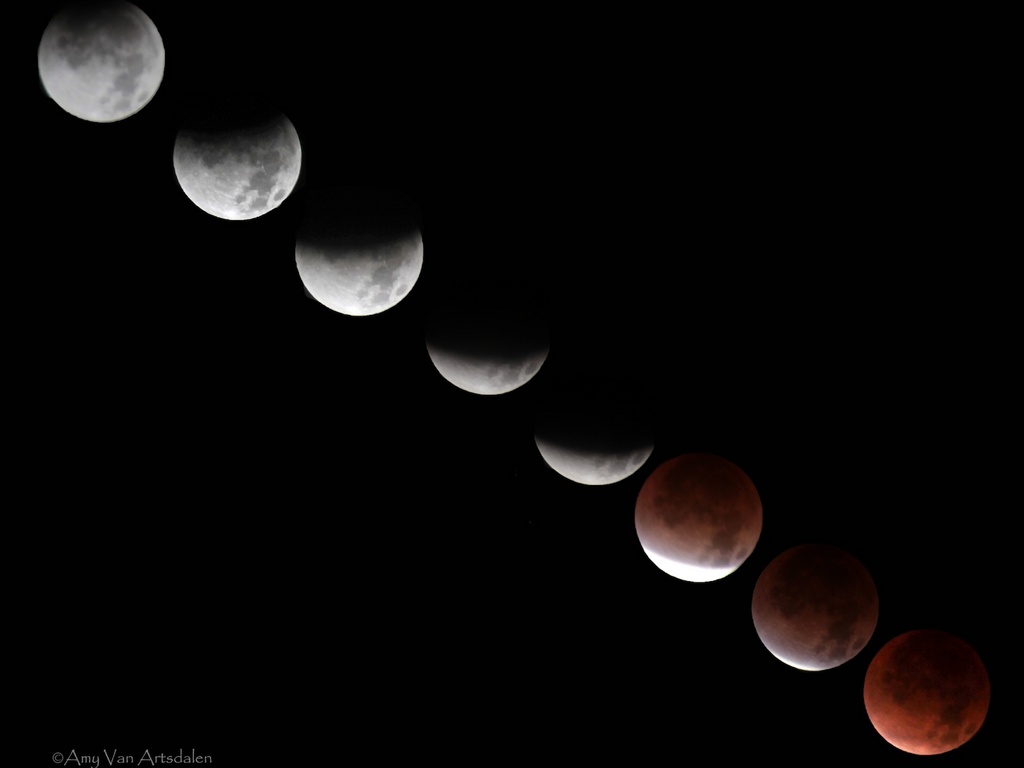
This week, lucky viewers will see the full moon darken as a penumbral lunar eclipse graces the sky. But don't expect much madness along with this astronomical event.
Despite popular myths, there's not much evidence to back up the idea that the moon (or any other astronomical body) has much of an effect on human or animal behavior.
During the Nov. 28 lunar eclipse the full moon will pass into the hazy outer edge (penumbra) of Earth's shadow. This subtle shadow across the moon's surface will be visible in East Asia, Australia, Hawaii and Alaska, with possible views at moonset and moonrise for the western United States and parts of Europe and Africa. If you aren't in this zone, you may feel a bit mad (though you can watch a webcast), but know that your frustration is likely the only link between the moon and madness.
For example, while cops and emergency-room staff sometimes blame crazy nights on the full moon, a 1996 study of 150,000 emergency-room visits to a suburban hospital found no uptick in activity on full-moon nights. Nor have studies examining the link between lunar phases and births, deaths, violence, seizures or suicides turned up any connections.
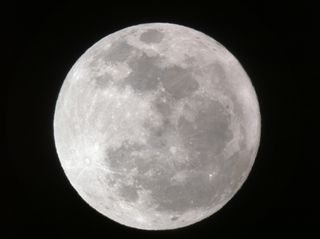
The word "lunatics," which suggests that mental illness has something to do with lunar effects is also a misnomer, according to research published online Nov. 15 in the journal General Hospital Psychiatry. The study looked at patients who showed up with chest pains with no physical cause at two Montreal emergency rooms between 2005 and 2008. In most cases, these chest pains were found to be linked to anxiety, panic attacks, mood disorders and suicidal thoughts. [The 10 Most Controversial Mental Disorders]
The research turned up no full-moon or new-moon effects on these psychological emergencies, though ER visits for chest pains linked to anxiety disorders were 32 percent less likely in the last quarter of the waning moon compared with other lunar phases.
"This may be coincidental or due to factors we did not take into account," study researcher Geneviève Belleville of Université Laval said in a statement. The findings contradict beliefs reportedly held by 80 percent of nurses and 64 percent of doctors that the lunar cycle is a major player in mental health, Belleville said.
Get the Space.com Newsletter
Breaking space news, the latest updates on rocket launches, skywatching events and more!
Moon myths
Beyond the fact that scientists simply fail to find any full-moon effects on the human psyche, lunar madness theories have another weakness: They don't explain how the moon would change our behavior.
One theory runs that just as the moon influences the tides, perhaps its gravitational force touches the water that makes up 75 percent of the human body. The problem with this theory is one of scale. Tides occur because the difference in the moon's force on one side of the planet versus the other is major. The difference in the moon's force on one side of the body versus the other, not so much.
Of course, the moon plays a major role in our myths and legends anyway. Werewolves, for example, are famed for their magical ability to transform from normal human to raging animal when the moon is ripe. According to old folklore, sleeping under a full moon on a Friday is enough to transform into a werewolf — no bites by the already infected required.
Animals and the full moon
To be fair, the full moon may have a greater influence on some animals than on humans, although not necessarily for supernatural reasons. A 2007 study at Colorado State University found that veterinary ER visits by cats and dogs went up on full-moon nights. It's possible that owners and their pets simply spend more time outside on nights when the moon is bright, increasing the risk of injury, researchers reported in the Journal of the American Veterinary Medical Association.
Perhaps for similar reasons, a study published in the British Medical Journal in 2000 found that emergency-room admissions for animal bites went up at one hospital on nights with full moons, but studies in other places have failed to find a similar link. At least skywatchers headed out to see Nov. 28's eclipse can breathe easy knowing that lunatics and werewolves are probably not on the prowl.
This story was provided by LiveScience, a sister site to SPACE.com. Follow Stephanie Pappas on Twitter @sipappas or LiveScience @livescience. We're also on Facebook & Google+.
Join our Space Forums to keep talking space on the latest missions, night sky and more! And if you have a news tip, correction or comment, let us know at: community@space.com.

Stephanie Pappas is a contributing writer for Space.com sister site Live Science, covering topics ranging from geoscience to archaeology to the human brain and behavior. She was previously a senior writer for Live Science but is now a freelancer based in Denver, Colorado, and regularly contributes to Scientific American and The Monitor, the monthly magazine of the American Psychological Association. Stephanie received a bachelor's degree in psychology from the University of South Carolina and a graduate certificate in science communication from the University of California, Santa Cruz.






